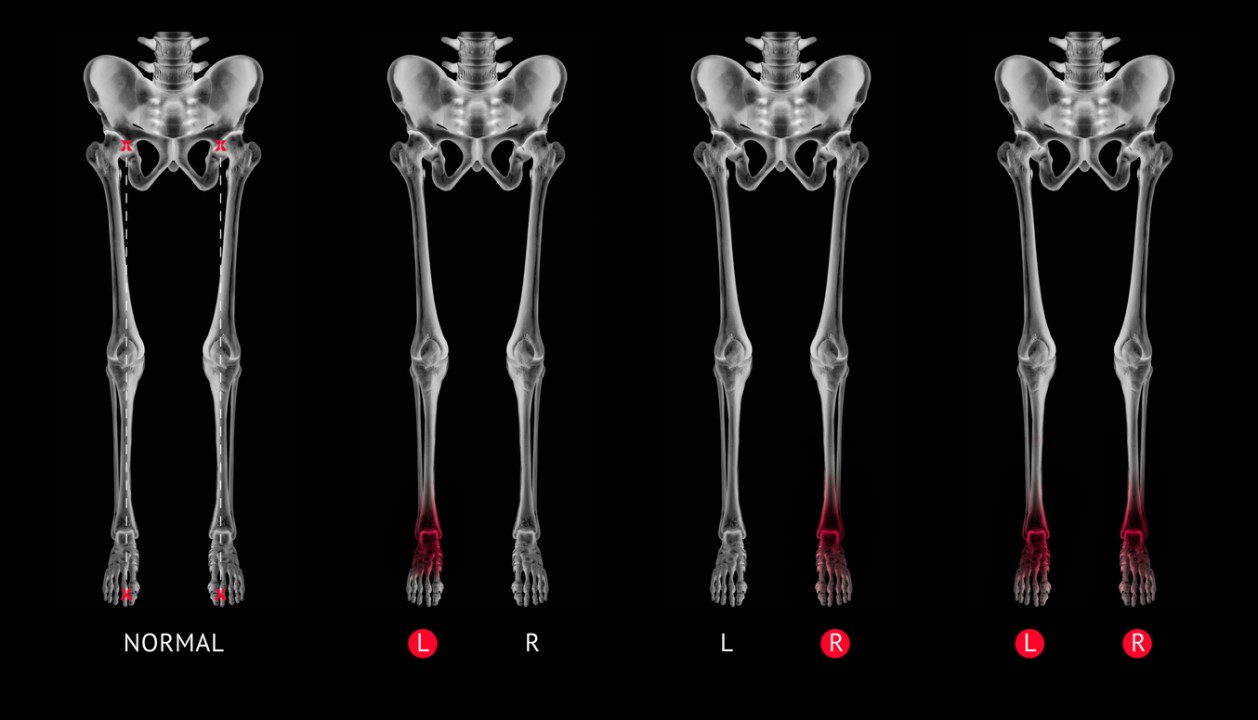Among the exhibits in Edinburgh university’s famous anatomical museum are the bones of ‘Bowed Joseph’, a notorious 18th century rabble-rouser who could allegedly assemble a crowd of 10,000 by beating his drum. He was ‘bowed’ because Joseph had rickets, a disease that ravaged Scotland’s working classes until the middle of the last century. Rickets is a disease of poverty, caused by poor diet and lack of sunlight and it is back, to the shame of the Scottish government. Cases have risen 33 per cent from 354 in 2018 to 442 last year.
Well, poverty is caused by Tory austerity, say SNP MSPs and nationalists on social media. This shows why Scotland must free itself from the toxic yoke of the Union. But wait a minute. Rickets is certainly a disease of poverty, but it is very much a Scottish problem. Its incidence is 700 per cent higher than in England.
Most of these cases come from the most deprived areas of Greater Glasgow. Campaigners say: we could do so much better if only Scotland took back control over policy and welfare spending.
But the Scottish parliament already has control over health and the SNP has been in government since 2007. Moreover, throughout the period in which rickets has come roaring back, public spending per head in Scotland has been between 20 per cent and 30 per cent higher than south of the border, according to the Institute for Fiscal Studies. Some 43 per cent of the Scottish budget goes on the NHS.
An independent Scotland could in theory spend more on anti-poverty programmes, but not much more. In Scotland, poor families receive the £25 Scottish Child Payment on top of around £20 per week in child benefits, more than twice the relief per head available in England. This costs. The bill for the Scottish Child Payment has rocketed from £59 million in 2019 to £428 million next year.
So this is the fundamental question the Scottish government must now answer: why, with so more spending on health and child support, is Scotland suffering the recurrence of diseases of poverty like rickets and tuberculosis? How much more should be spent; how much more could be spent?
An independent Scotland would have difficulty spending much more than at present. Scotland has a spending deficit of around £19 billion, or 9 per cent of GDP, according to last week’s GERS spending figures. That notional spending gap, bridged by UK fiscal transfers through the Barnett formula, would’ve been much higher had it not been for a £7 billion windfall in oil revenues last year.
Medical commentators blame poor diet choices, alcohol and drug abuse plus lack of Vitamin D caused by children stuck at home in front of screens. While those deep-fired Mars Bars may be part of the explanation, blaming lifestyle is usually a cop out. English kids eat sweets and gaze at tablets too.
What everyone agrees is that lifestyle ‘diseases’ are essentially symptoms rather than causes
One medical commentator, Dr Lynsay Crawford, who spend more than 20 years as a GP in one of Glasgow’s poorest areas, Possilpark, suggested ethnic diversity might be a factor. ‘Women from many countries abroad’, she told the Herald newspaper, ‘particularly if they are Muslim, dress modestly and more of their skin is covered and they spend less time outside which further increases the risk of rickets.’ The trouble with this theory is that Scotland is the least ethnically diverse region of the UK, being 96 per cent white (and 88 per cent white in Glasgow). There are also far more Muslim people in England, while Scotland’s incidence of rickets is 700 per cent higher.
The recurrence of diseases like rickets and TB is certainly related to lifestyle and poverty. Scots live around two years less than the English. Drug deaths in Scotland are three times higher and around twice as many Scots die from alcohol abuse, though drink-related mortality has been falling in recent years. But what everyone agrees is that lifestyle ‘diseases’ are essentially symptoms rather than causes.
Humza Yousaf is under pressure to raise the Scottish Child Payment to 40 pounds, but poverty relief can only do so much. Eradicating low incomes requires more and better jobs and that requires economic growth – something the SNP’s coalition partners, the Scottish Green party, actually want to reverse.








Comments